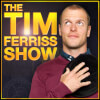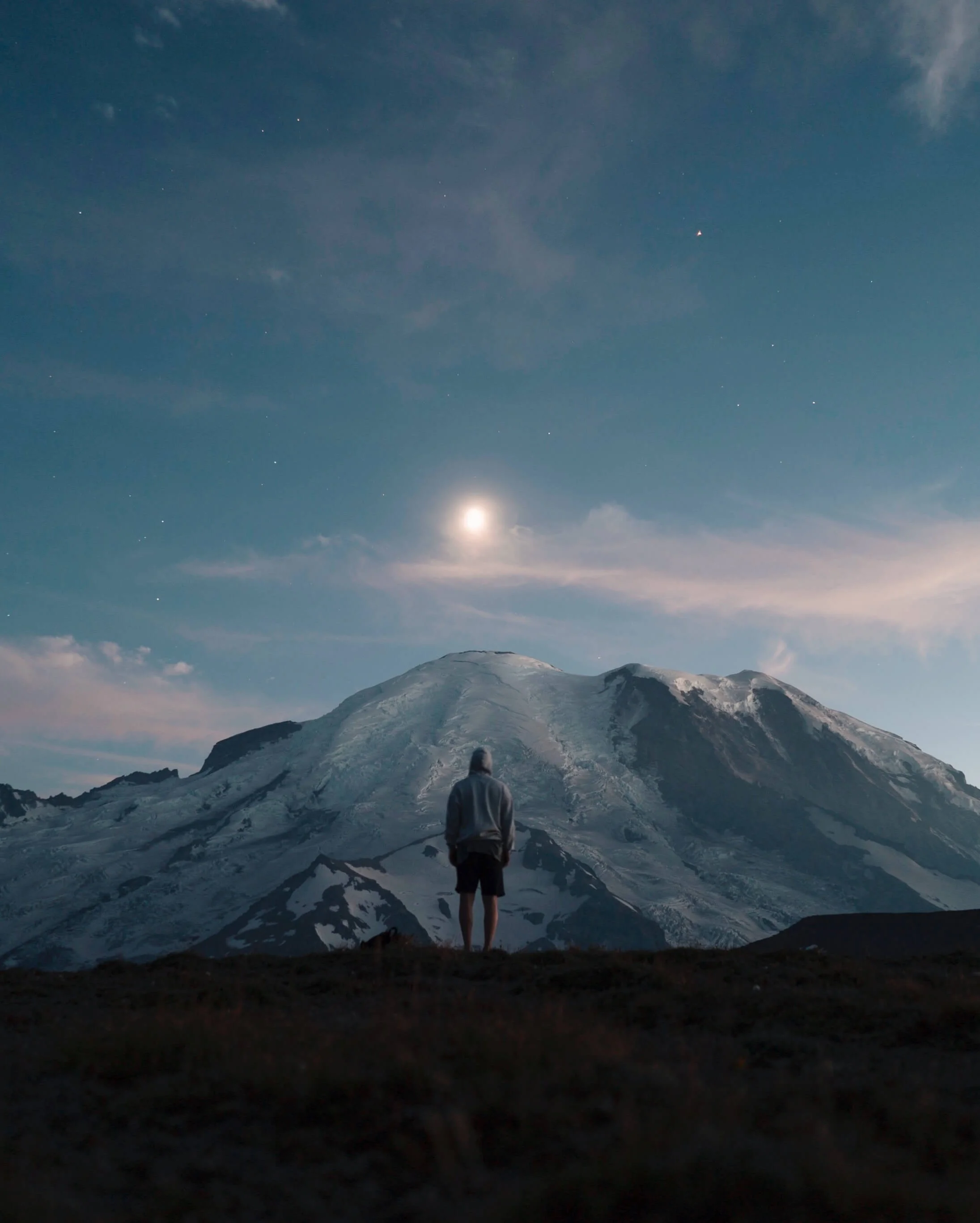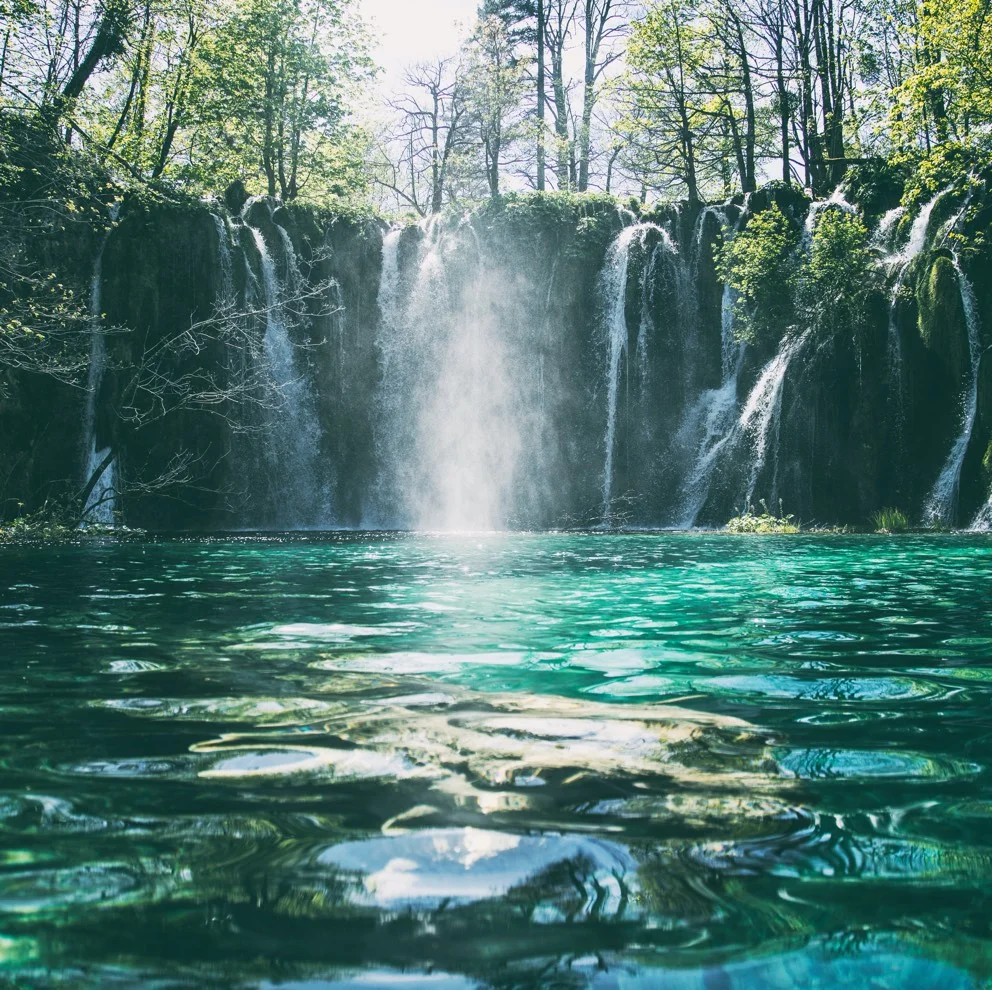

Get Started Free
#619: Dr. Suresh Muthukumaraswamy — LSD Microdosing, Classical Psychedelics vs. Ketamine, Science and Speed in New Zealand, Placebo Options, and The Infinite Possibilities of Studying Mind-Altering Compounds
82 Min
Podcast
1 Favorite

Tim Ferriss
Dr. Suresh Muthukumaraswamy — LSD Microdosing, Classical Psychedelics vs. Ketamine, Science and Speed in New Zealand, Placebo Options, and The Infinite Possibilities of Studying Mind-Altering CompoundsDr. Suresh Muthukumaraswamy completed his PhD in Psychology at the University of Auckland in 2005 after which he joined the newly established Cardiff University Brain Research Imaging Centre as a postdoctoral fellow. While at Cardiff, he started research work with psychedelics in 2011 in collaboration with Professor David Nutt and Dr. Robin Carhart-Harris investigating the neuroimaging correlates of the psychedelic drugs psilocybin and LSD. In 2014, Suresh received a prestigious Rutherford Discovery Fellowship and returned to the University of Auckland where he works in the School of Pharmacy at the Faculty of Medical and Health Sciences and leads the Auckland Neuropsychopharmacology Research Group.Suresh’s main research interests are in understanding how therapies alter brain function and behavior and in testing methodologies to measure these changes in both healthy individuals and patient groups — particularly in depressed patients.At the University of Auckland, he has conducted clinical trials in depressed patients involving ketamine, scopolamine, and transcranial magnetic stimulation. He has received several Health Research Council of New Zealand research grants to support this work, including a grant to investigate the effects of microdoses of LSD on brain and cognitive function. Suresh has published 117 papers, with his work receiving 8000+ citations.This special episode of the podcast is a live recording from an event hosted by the Edmund Hillary Fellowship (EHF). EHF began in 2016 as a pilot immigration program and has matured into a fellowship of more than 500 technologists, creatives, investors, entrepreneurs, educators, and systems designers, committed to New Zealand as a base camp for global impact. From more than 50 different nationalities, including New Zealand, fellows span a range of high-value sectors: media, education, cleantech, venture capital, and mental health initiatives/research just to name a few.EHF and its fellows aim to make a meaningful impact in New Zealand/Aotearoa with projects that often have global applications.Please enjoy!*[03:44] Current mental health and addiction trend lines in New Zealand.[05:37] Compounds Suresh has researched.[07:13] Does scopolamine have potential as an antidepressant?[09:55] How ketamine differs from other psychedelics.[16:20] The durability of antidepressant effects.[21:45] How Suresh picks the focus of his research (example: LSD microdosing).[24:43] Why New Zealand is unique for fostering psychedelic innovation.[31:01] How could New Zealand improve the impact of scientific research?[35:13] Inspiring research currently underway in New Zealand.[37:40] Obstacles to getting ketamine labeled as an antidepressant.[40:39] Ketamine research by University of Otago’s Professor Paul Glue.[41:48] Future studies Suresh would like to see (and their challenges).[47:25] The difficulty of applying placebo controls to psychedelic research.[54:49] Getting the public to benefit from this research in a timely manner.[58:17] Risks of microdosing and relying on unregulated supplies.[1:02:21] Open science replication crises.[1:03:56] Training clinical personnel in new science as it becomes available.[1:07:20] Where can New Zealanders access psychedelic therapy now?[1:08:25] Avoiding another 50 years of psychedelic research darkness.[1:13:08] Is any of Suresh’s research focused on addiction recovery?[1:14:08] Why women haven’t been as widely included in these studies as men.[1:15:56] Where aspiring psychedelic researchers should focus their education.[1:17:02] Red flags in the private sector.[1:20:14] Parting thoughts.*For show notes and past guests on The Tim Ferriss Show, please visit tim.blog/podcast.For deals from sponsors of The Tim Ferriss Show, please visit tim.blog/podcast-sponsorsSign up for Tim’s email newsletter (5-Bullet Friday) at tim.blog/friday.For transcripts of episodes, go to tim.blog/transcripts.Discover Tim’s books: tim.blog/books.Follow Tim:Twitter: twitter.com/tferriss Instagram: instagram.com/timferrissYouTube: youtube.com/timferrissFacebook: facebook.com/timferriss LinkedIn: linkedin.com/in/timferrissPast guests on The Tim Ferriss Show include Jerry Seinfeld, Hugh Jackman, Dr. Jane Goodall, LeBron James, Kevin Hart, Doris Kearns Goodwin, Jamie Foxx, Matthew McConaughey, Esther Perel, Elizabeth Gilbert, Terry Crews, Sia, Yuval Noah Harari, Malcolm Gladwell, Madeleine Albright, Cheryl Strayed, Jim Collins, Mary Karr, Maria Popova, Sam Harris, Michael Phelps, Bob Iger, Edward Norton, Arnold Schwarzenegger, Neil Strauss, Ken Burns, Maria Sharapova, Marc Andreessen, Neil Gaiman, Neil de Grasse Tyson, Jocko Willink, Daniel Ek, Kelly Slater, Dr. Peter Attia, Seth Godin, Howard Marks, Dr. Brené Brown, Eric Schmidt, Michael Lewis, Joe Gebbia, Michael Pollan, Dr. Jordan Peterson, Vince Vaughn, Brian Koppelman, Ramit Sethi, Dax Shepard, Tony Robbins, Jim Dethmer, Dan Harris, Ray Dalio, Naval Ravikant, Vitalik Buterin, Elizabeth Lesser, Amanda Palmer, Katie Haun, Sir Richard Branson, Chuck Palahniuk, Arianna Huffington, Reid Hoffman, Bill Burr, Whitney Cummings, Rick Rubin, Dr. Vivek Murthy, Darren Aronofsky, Margaret Atwood, Mark Zuckerberg, Peter Thiel, Dr. Gabor Maté, Anne Lamott, Sarah Silverman, Dr. Andrew Huberman, and many more.See Privacy Policy at https://art19.com/privacy and California Privacy Notice at https://art19.com/privacy#do-not-sell-my-info.
Explore Aura




